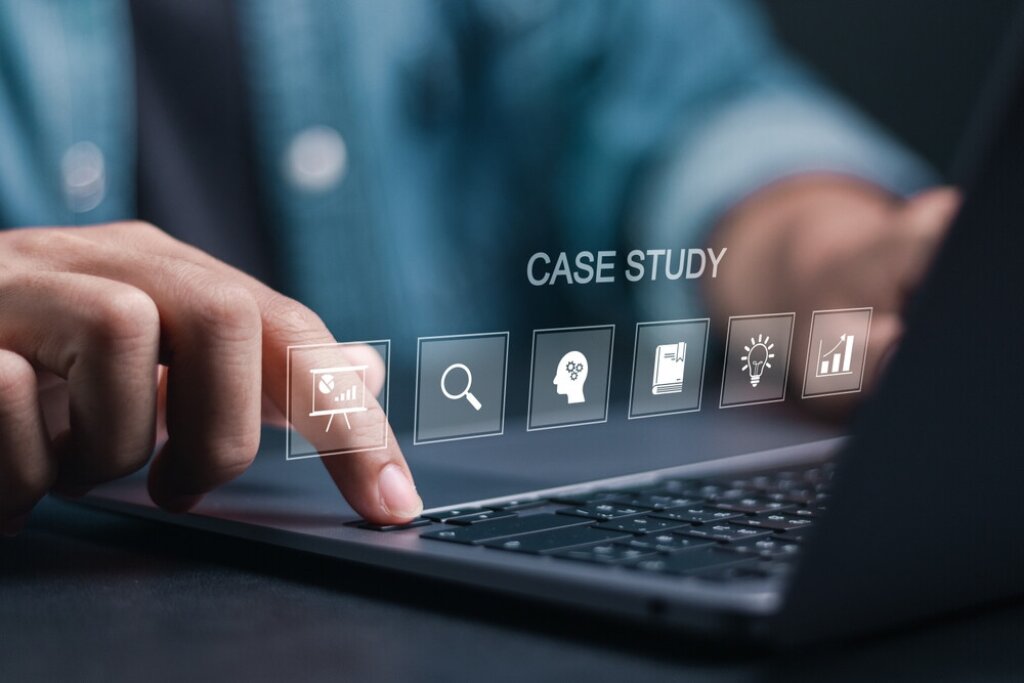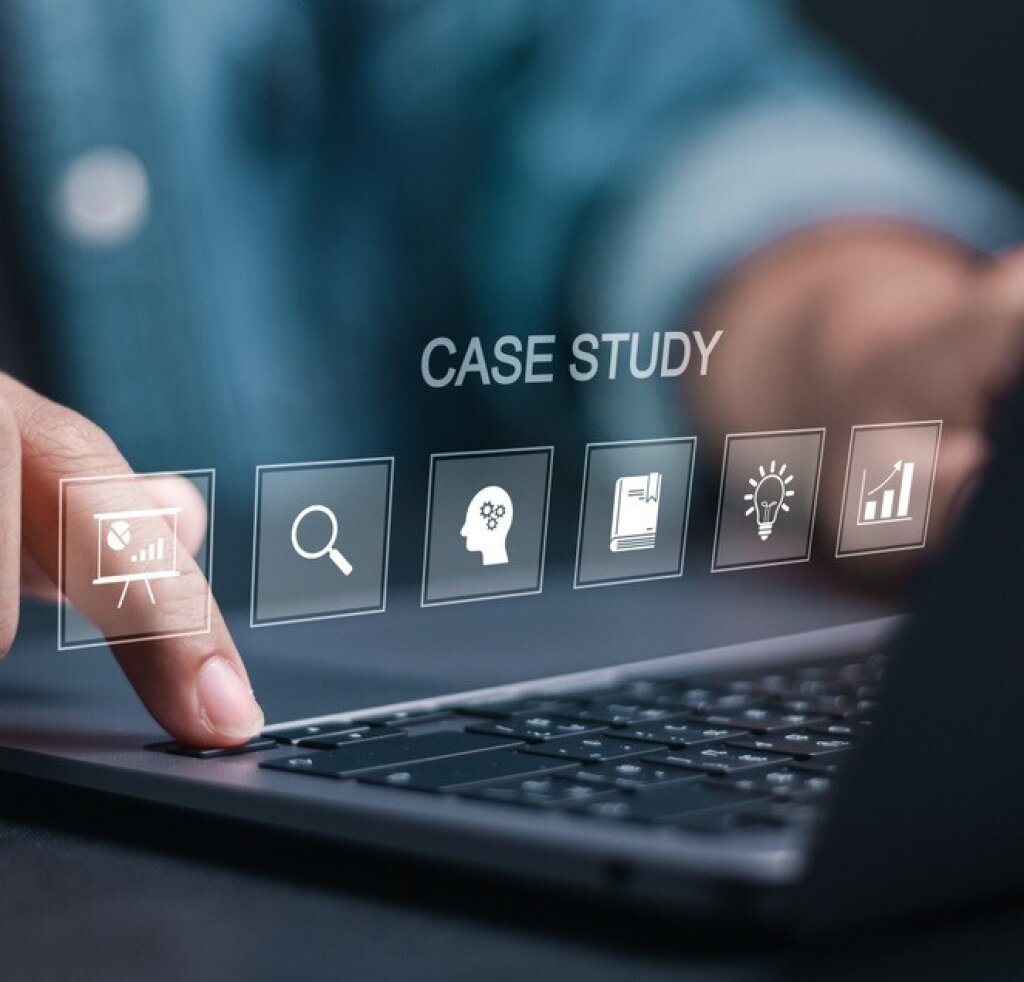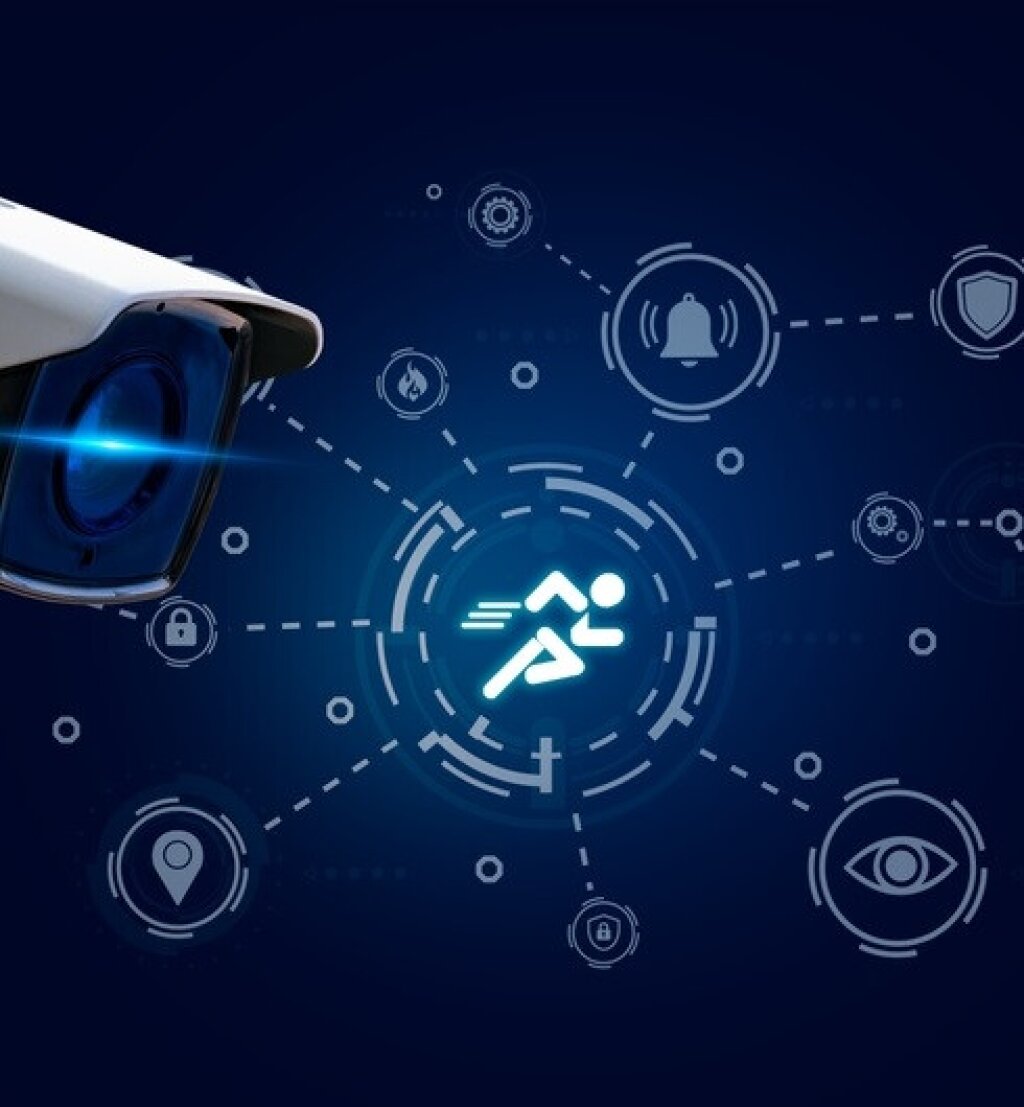Video Redaction Software: Unexpected Use Cases You Need to Know
In today’s technology-driven world, video surveillance has become a ubiquitous presence, with cameras installed in public spaces, workplaces, homes and transportation systems.
With this proliferation comes the challenge of ensuring privacy and compliance with regulations, which requires video redaction software.
Video redaction, a technology that automatically blurs or removes sensitive or personally identifiable information (PII) from videos, has been primarily associated with law enforcement and security.
However, its applications go far beyond these fields. In this article, we explore some unexpected use cases of video redaction software that you need to know about, including ride-sharing privacy, transportation security, real estate privacy, and more.

1. Ride-sharing Privacy Protection
As the ride-sharing industry continues to grow, ensuring the privacy and safety of passengers and drivers is becoming increasingly important. Companies like Uber and Lyft often use in-car cameras for safety and to settle disputes.
However, these recordings can also capture sensitive information, including passengers' faces, license plates or conversations, which must be protected to comply with privacy laws.
Video redaction software can play a crucial role here by automatically blurring faces, license plates and any other identifying information before footage is reviewed or shared with third parties.
Redaction ensures that the privacy of both passengers and drivers is protected while still allowing companies to leverage video footage for safety and quality control.
It also prevents unauthorised access to personal data and ensures compliance with regulations like the General Data Protection Regulation (GDPR) and California Consumer Privacy Act (CCPA), which govern how personal information is handled.
2. Transportation Security Regulations Compliance
In the transportation sector, security is a top priority, whether it be in airports, train stations or bus terminals. Surveillance cameras are often installed to monitor activity, ensure safety and identify potential threats. However, these cameras also record a significant amount of personal information that must be protected.
Transportation security regulations, including those enforced by organisations like the Transportation Security Administration (TSA) and the National Protective Security Authority (NPSA), mandate the protection of personal information collected during surveillance.
Video redaction software can help transportation authorities to comply with these regulations by automatically redacting sensitive data such as faces, license plates and other personal identifiers from the footage.
Redaction ensures that only relevant information is accessible for security purposes while maintaining individual privacy rights.
Moreover, video redaction software enables transportation authorities to share security footage efficiently with law enforcement and other agencies without compromising passenger privacy. This is particularly important in large-scale transportation hubs where the volume of video data can be overwhelming.
3. Real Estate Privacy Concerns
The real estate industry is another unexpected area where video redaction software is becoming increasingly important.
With the rise of virtual property tours and remote house viewings, real estate agents and homeowners often use video recordings to showcase properties to potential buyers or renters.
These promo videos, while useful for marketing, can inadvertently capture private details, such as family photographs, personal belongings or even home security systems, which poses privacy risks.
Video redaction software can help real estate professionals protect homeowners’ privacy by blurring or removing sensitive information automatically from property tour videos.
For instance, family photos can be blurred to protect the identity of individuals living in the home, or security system devices can be redacted to prevent revealing any vulnerabilities.
Redaction ensures that virtual property tours are both informative and privacy-compliant.
Additionally, redacting personal details from property videos can also reduce the risk of fraud or theft, as potential criminals could use unredacted footage to identify targets.
By leveraging video redaction software, the real estate industry can protect the privacy of clients while still using technology to showcase properties to interested buyers.
4. Property Tour Redaction in High-Profile Homes
For high-profile individuals, including celebrities, politicians and executives, privacy is even more critical when selling or renting their homes.
Property tours of high-end estates often receive significant attention, which can lead to privacy invasions if sensitive details are left unredacted. In these cases, video redaction software is essential.
Before making video tours of high-profile properties available to the public, real estate agents can use redaction technology to remove or blur sensitive information, such as valuable artwork, security system setups and personal documents.
Redaction helps maintain the privacy of high-profile clients while still allowing potential buyers to view the property.
In addition to protecting physical items, video redaction can help conceal the identity of the current homeowners, which ensures that the public does not associate the property with a specific individual. This level of privacy protection is invaluable for high-profile sellers who prioritise discretion.
5. Public Transit Security and Surveillance
Public transit systems, such as buses, trains and underground systems, are equipped with extensive surveillance technology to ensure passenger safety and prevent criminal activity.
However, these systems generate a massive amount of video data that often includes footage of passengers, drivers and pedestrians, which raises privacy concerns.
Video redaction software is vital in maintaining the balance between public safety and individual privacy within public transit systems. By redacting personal information such as faces, clothing details and identifying features from surveillance footage, transit authorities can ensure that video recordings comply with privacy laws while still being useful for security purposes.
Transit surveillance redaction also plays a crucial role when footage needs to be reviewed by law enforcement or shared with the public during investigations.
Authorities can redact personal information from the footage to protect the identities of bystanders and passengers who are not involved in the incident being investigated, to ensure privacy is upheld while providing valuable evidence.
6. Employee Privacy Protection in the Workplace
As more workplaces incorporate video surveillance to monitor employee activity and ensure security, the need for privacy protection within the office environment is becoming increasingly apparent.
While video surveillance can help improve productivity and safety, it can also capture sensitive or private moments of employees that should not be shared or reviewed without proper safeguards.
In this context, video redaction software can be used to protect employee privacy. By automatically redacting faces and other personal identifiers, companies can ensure that employees' privacy is respected while still benefiting from surveillance for security purposes.
For instance, in cases of workplace accidents or incidents, footage can be reviewed to determine what happened without exposing the identities of unrelated employees.
Additionally, video redaction is especially important in industries with strict privacy regulations, such as healthcare or finance, where video footage may inadvertently capture sensitive client information or personal data. Redacting this information helps companies avoid legal penalties and maintain trust with employees and clients.
7. Security and Fraud Detection in Casinos
Video redaction in casinos is crucial for maintaining privacy, security and compliance.
Casinos employ advanced video surveillance systems to monitor patrons and staff, to ensure fair play and detect fraudulent activities.
Redaction technology helps obscure sensitive information such as patrons' faces or personal data during investigations or when sharing footage with external agencies.
Redaction protects privacy while allowing authorised personnel to review footage. It's essential for upholding security standards and adhering to privacy laws in the gaming industry.
8. Training and Best Practice
Some of Facit’s users are now using Identity Cloak to redact their own video footage for training purposes and showcase best practice, instead of using stock footage or paying a high price for bespoke training videos. They are able to blur personal identifiable information, and use this to enhance policies and training, and to have examples of real life good practice.
Conclusion
Video redaction software is an essential tool that extends far beyond its traditional use in law enforcement. From ride-sharing privacy to transportation security regulations, real estate privacy and employee protection, redaction technology is transforming how industries handle sensitive information in video footage.
As privacy laws become more stringent and the demand for video surveillance continues to grow, the importance of video redaction software will only increase.
By adopting video redaction solutions, organisations can not only ensure compliance with privacy regulations but also build trust with customers, clients, and employees by demonstrating a commitment to protecting their personal information.
As new use cases continue to emerge, video redaction software is poised to play an increasingly significant role in safeguarding privacy across various industries.
Facit’s Video Redaction Solutions
Facit works with every type of business, so these use cases are not unusual to us. We help organisatons around the world to operate their different types of business while staying 100% compliant with prevailing privacy laws.
We provide fast, cost-effective post-event video redaction and live-redaction solutions. Please fill in the form below for more information.
Related articles



